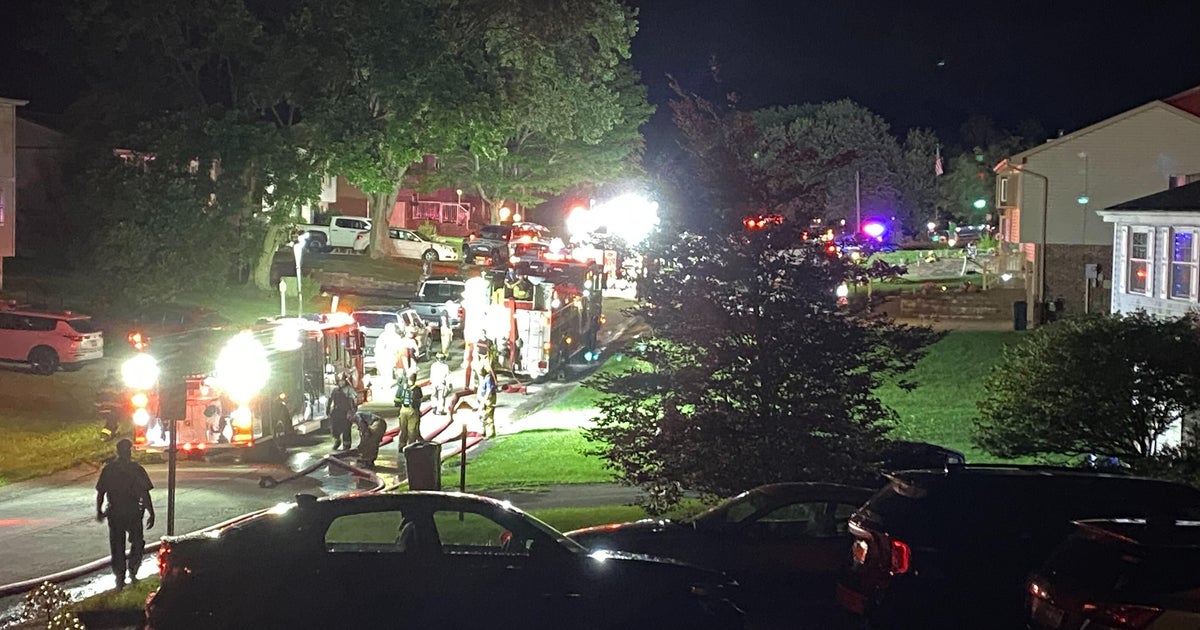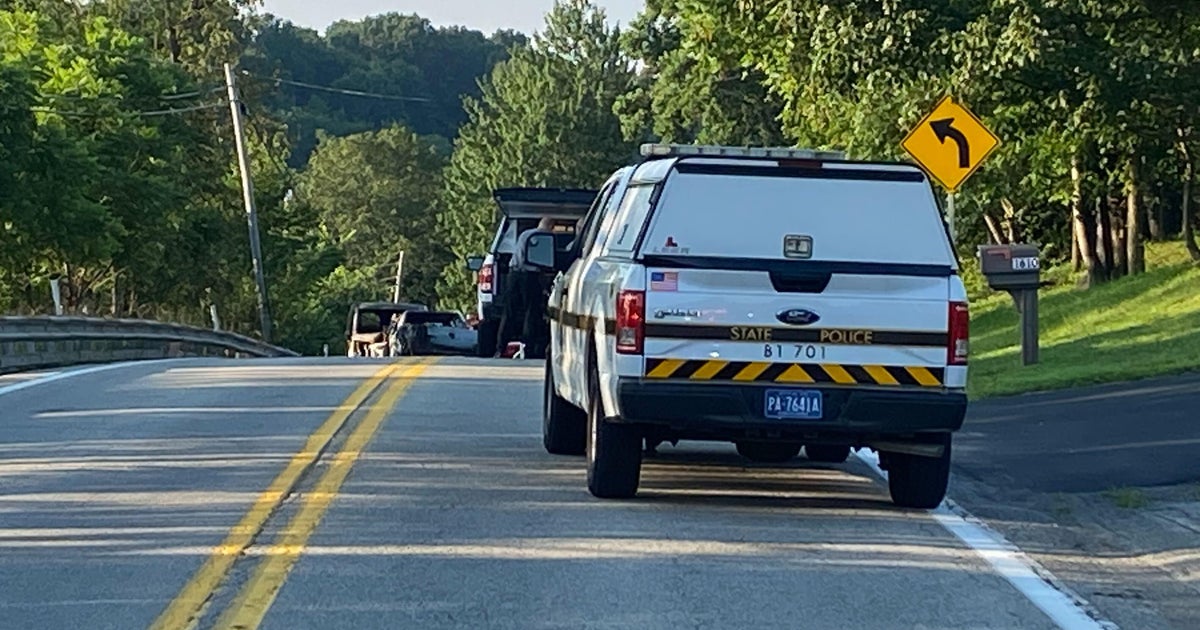'Let Me Google That:' Reliance On Technology Causing 'Digital Amnesia' In Our Brains
PITTSBURGH (KDKA) - If you are reaching for Google for things that you "just knew" a few years ago you may be suffering from the downside of our electronic technology.
It is called Digital Amnesia and Pitt Assistant Professor of Psychiatry Dr. Swathi Gujral says it is a self-induced condition.
"20 years ago, we had to remember a lot more things be when we didn't have Google computers, phones to do a lot of remembering for us," Dr. Gujral said. "So we had to remember, most of us remembered people's phone numbers and many addresses. Nowadays, all of this information is just stored somewhere and we just have to access it. So our brain doesn't have to do as much work."
Dr. Gujral says that can be detrimental.
"Your brain is like other muscles use it or lose it," she said. "If you're not using your brain in the ways that you were using it five or 10 years ago you're not doing as many complex tasks or you're not as engaged in the world. All of those connections that you had made, they start to kind of shrink away because you're not using those connections anymore and so over time it becomes more and more difficult to do those same things."
All those crossword puzzles and digital games you've been playing to strengthen your brain may be fun, but as far as therapeutics go..."The problem is a lot of times, this doesn't generalize to your real-world activities. While your processing speed on that game might improve. While you're trying to do a task at home like cooking or learning a new gadget or doing something like that it doesn't really translate."
Instead, Dr. Gujral suggests, "Try to do more things in the real world, that help your brain stay engaged and active stimulated."
Ignoring brain health could lead to a decline, according to Dr. Gujral.
"Things like processing speed particularly decline, begin to decline when we turn 30 and continue to decline, you know, as we age, and once we turn 60 starts to decline even faster," she explained.
So mental exercising is important to maintain "our ability to problem solve and multitask, these are very important. Those processes are really important for remembering things, because if we can't pay attention to something. You know we can't really take in information and then we can't hold on to it."
WATCH: Keeping Up With Your Brain Health In The Digital Age
Some things you can do according to Dr. Gujral, start with throttling back on your multitasking.
"So, our brain is actually not designed to be a multitasker as much as I think in modern society, we're really pushed to do so much multitasking with this fast-paced life, but really our brain works so much better when we're able to pay attention to one thing, complete that task, and move on to the next one," she said.
"Put together a number of related tasks kind of chunk things together that are related and do them sort of sequentially, around the same time, but I wouldn't recommend doing a lot of multitasking, especially as you age," Dr. Gujral suggested when you feel overwhelmed.
One thing that is critical to brain health is sleep.
"Our sleep duration and quality is really important," says Dr.Gujral.
Exercise not only gets you away from your screens it helps your head.
"Just moderate-intensity walking for three times a week, about 40 minutes a day can make a difference in your brain health," she said.
The food we choose also helps our brain function.
"Eating foods that are anti-inflammatory can be very helpful for kind of making our brain more efficient," Dr. Gujral said.
So go for the berries, nuts, protein bars, and turmeric.
"Actually, those foods are really high especially nuts in the omega three fatty acids which are really good for your brain health," she agreed.
On social media and television, there are constant ads for supplements that tout bettering your brain power but Dr. Gujral says to be careful.
"There's just a lot out there and, I don't think there's any magic bullet per se," she said.
So check them out carefully and she says to consult your doctor before starting any supplement regimen because there may be something better for you.
Dr. Gujral says when your memory lapses are interfering with your daily living it's time to consult a doctor.



